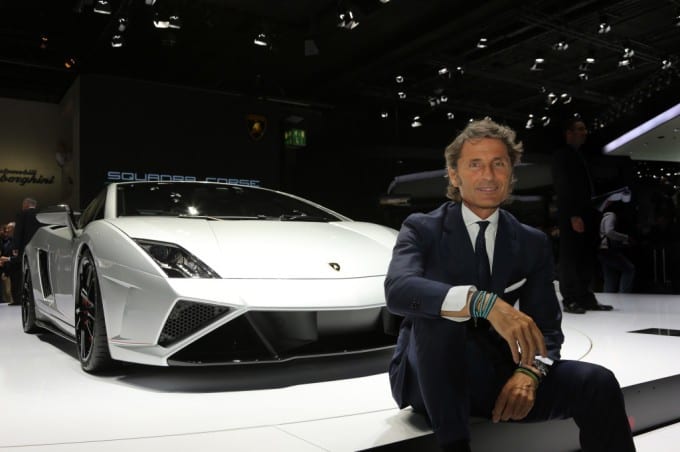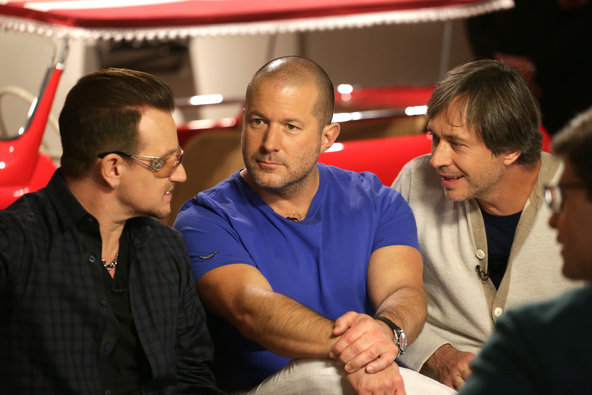Steven Hawking now claims that we are at risk of being colonized by advanced alien intelligence, according to El Pais. This is coming from the same person who has been part of a $100M project to contact aliens! (as we've noted in a previous post.) Does this sound in any way inconsistent at all? This was the nature of the question posed to Hawking by journalist Javier Salas for El Pais:
Salas: You recently launched a very ambitious initiative to search for intelligent life in our galaxy. A few years ago, though, you said it would be better not to contact extraterrestrial civilizations because they could even exterminate us. Have you changed your mind?
Hawking: If aliens visit us, the outcome could be much like when Columbus landed in America, which didn’t turn out well for the Native Americans. Such advanced aliens would perhaps become nomads, looking to conquer and colonize whatever planets they can reach. To my mathematical brain, the numbers alone make thinking about aliens perfectly rational. The real challenge is to work out what aliens might actually be like.
Hawking later advocates for space travel as the saviour of humankind, especially within the context of an alien invasion scenario, which is more than likely. He maintains that life arose spontaneously on earth, and thus it is simply mathematically certain that life has arose similarly on other planets. He also maintains that we could fall prey to nomadic alien tribes trolling the galaxy for places to invade. In such a scenario, we'd be overtaken and subjugated.
But why this seeming inconsistency? Why is Hawking a part of a large search for alien life on the one hand, while concerned about its unintended consequences on the other? Could it be a way to further speed up the capabilities for space travel, or for conscious artificial intelligence? (Maybe we could have armies of AI on hand to destroy alien nomads; but how then would that sit with Hawking's signing of a petition, along with Elon Musk, against AI warfare?)
For someone as supposedly brilliant as Hawking, he's lacking in the wisdom department--much like Hugo de Garis who are building conscious AI knowing the likelihood of being subjugated by them. Here's where indeed rationality can very easily veer into the absurd; where the supposedly logical becomes more than apparently paradoxical.
To me, again, I think Ridley Scott and Bill Joy have it right: leave the aliens alone.











